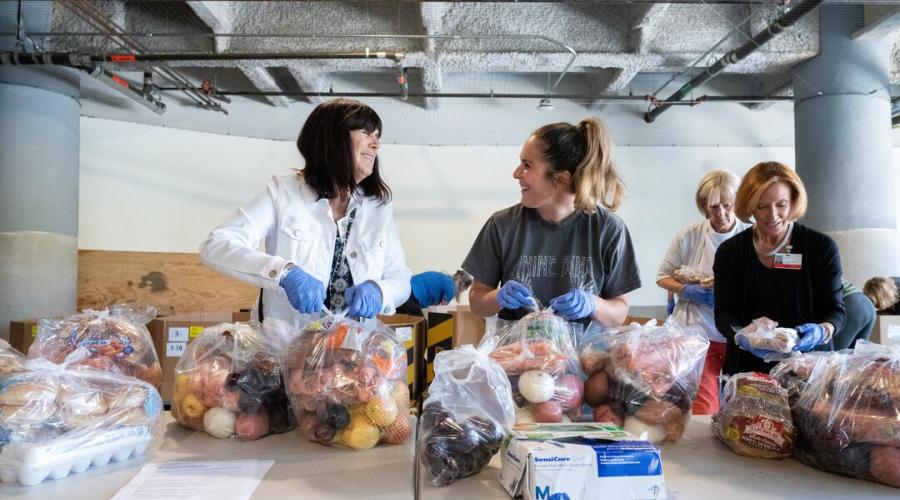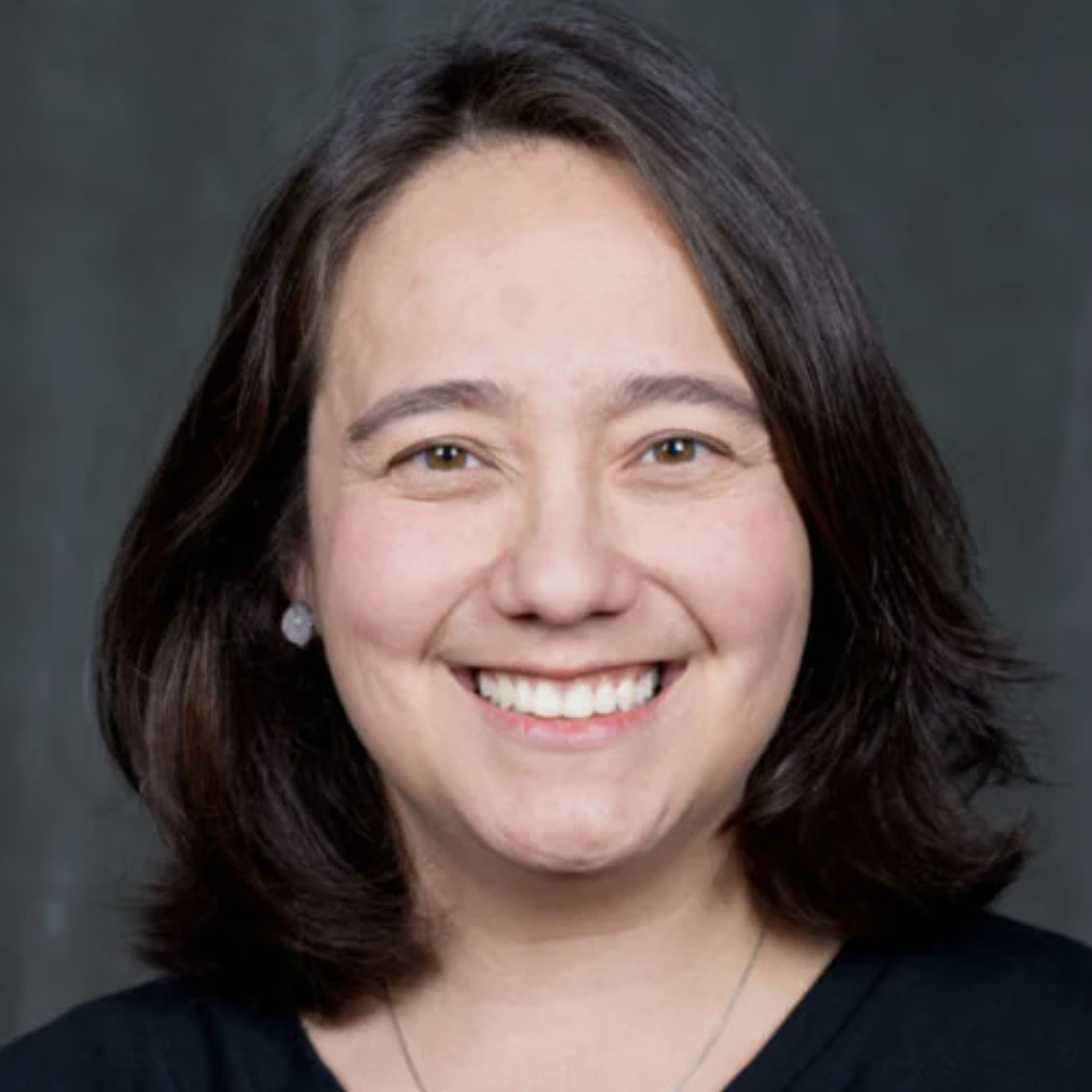
Community is a Key Ingredient in Food as Medicine Programs
For chronic conditions like diabetes, the most effective preventive medicine is often a healthy lifestyle. Establishing habits like eating fresh vegetables and engaging in regular physical activity is a cornerstone of long-term health, and for children facing these risks, starting early is critical. But how can families with limited access to whole foods start building these healthy habits?
Food as Medicine programs empower doctors to prescribe healthy foods as part of healthcare, such as providing weekly boxes of fresh produce or meals tailored to a patient's health condition to help them get and stay healthy. A new study co-led by June Tester, MD, MPH, a professor in the Division of Pediatric Endocrinology at UC San Francisco, analyzed a local Bay Area program to understand the role of support sessions in helping patients establish and maintain a healthy lifestyle.
Consistent Engagement Drives the Best Results
The Recipe4Health program, first implemented in 2020 at community health centers in Alameda County, is designed for patients facing food insecurity, nutrition-related chronic conditions like diabetes, or both. The program combines 16 weeks of doorstep produce deliveries with group coaching sessions focused on nutrition, physical activity, mindfulness techniques, and peer support. Tester is part of a research team with colleagues from UCSF and Stanford University who are evaluating the program’s effectiveness.
The team’s recent study in the Journal of Nutrition Education and Behavior found that patients with the highest attendance (participating in 75% or more of the weekly sessions) saw significantly greater improvements in their health behaviors compared to those with lower attendance. Specifically, the high-attendance group reported greater increases in daily fruit and vegetable intake, more minutes of weekly physical activity, and improvements in symptoms of depression.
"The program is designed to teach patients practical skills and how to use goals to build and keep healthy habits. Access to healthy food is essential, but we found that the most impactful change happens when people have regular support and a community to share the journey with," says Tester.
The Clinical Impact: A Striking Result for Patients with Diabetes
Among the participants with diabetes, only the high-attendance group saw significant improvements in their Hemoglobin A1c, a crucial long-term marker for diabetes control.
“With complex conditions like diabetes, the combination of healthy food and consistent support is not just nice-to-have; it's essential to make these healthy habits stick,” says Tester.
“This is especially critical for young people with lifelong conditions,” adds Tester. “Learning to manage your own health as you transition to adulthood is incredibly challenging with diabetes, but programs like Recipe4Health can help build the foundational skills and confidence that are essential for a lifetime of well-being.”
Designing Better Programs for the Future

This new research on the importance of engagement builds on the team’s 2024 study that established the overall effectiveness of the Recipe4Health program. Participants saw significant improvements in key health markers compared to those receiving standard care, and people experiencing food insecurity had the greatest changes to their diet and exercise habits.
To be as effective as possible, Food as Medicine programs need to provide more than just healthy food for a few months. Tester and her team have shown that support from a community and coaches can help people through the initial challenges of changing their habits, ultimately enabling them to make fundamental improvements to their long-term health.
Authors: June Tester, MD, PhD, and Ariana Thompson-Lastad, PhD, of UCSF; Marcela D Radtke, PhD, Lan Xiao, PhD, Wei-Ting Chen, PhD, and Lisa G. Rosas PhD, MPH, of Stanford University; Ben Emmert-Aronson, PhD, and Elizabeth Markle, PhD, of Open Source Wellness; and Steven Chen, MD, of Recipe4Health.
